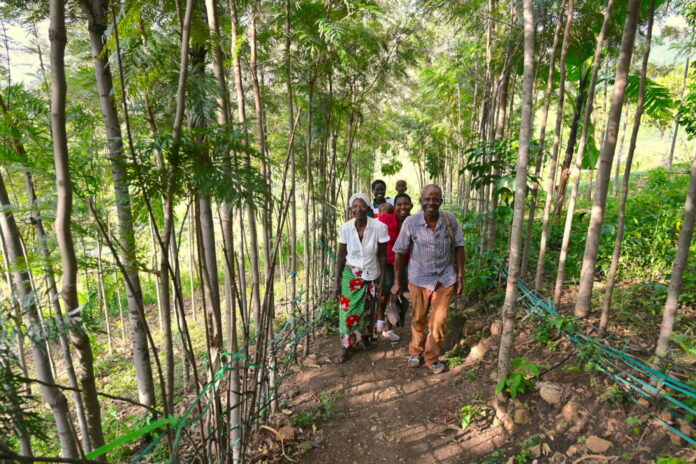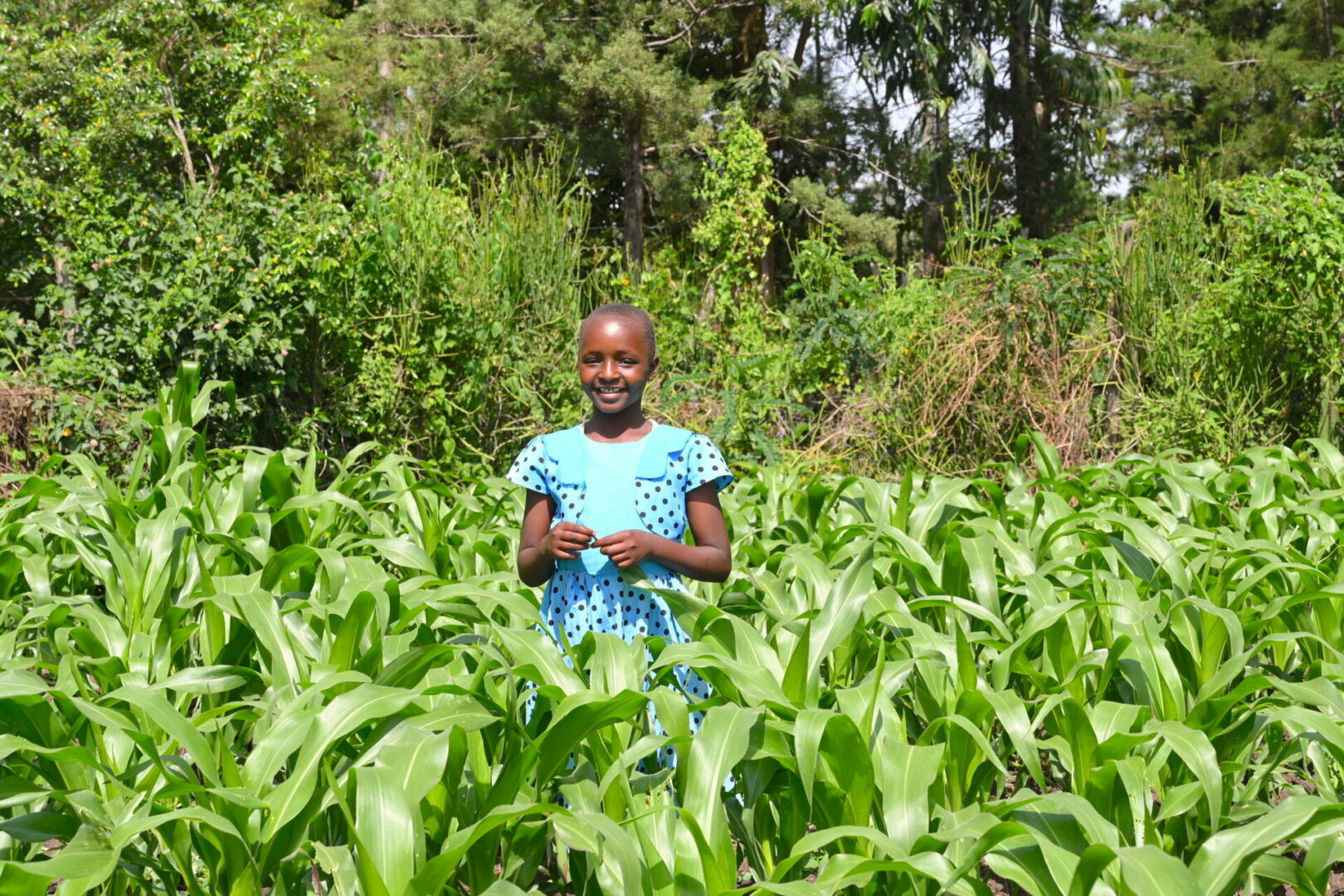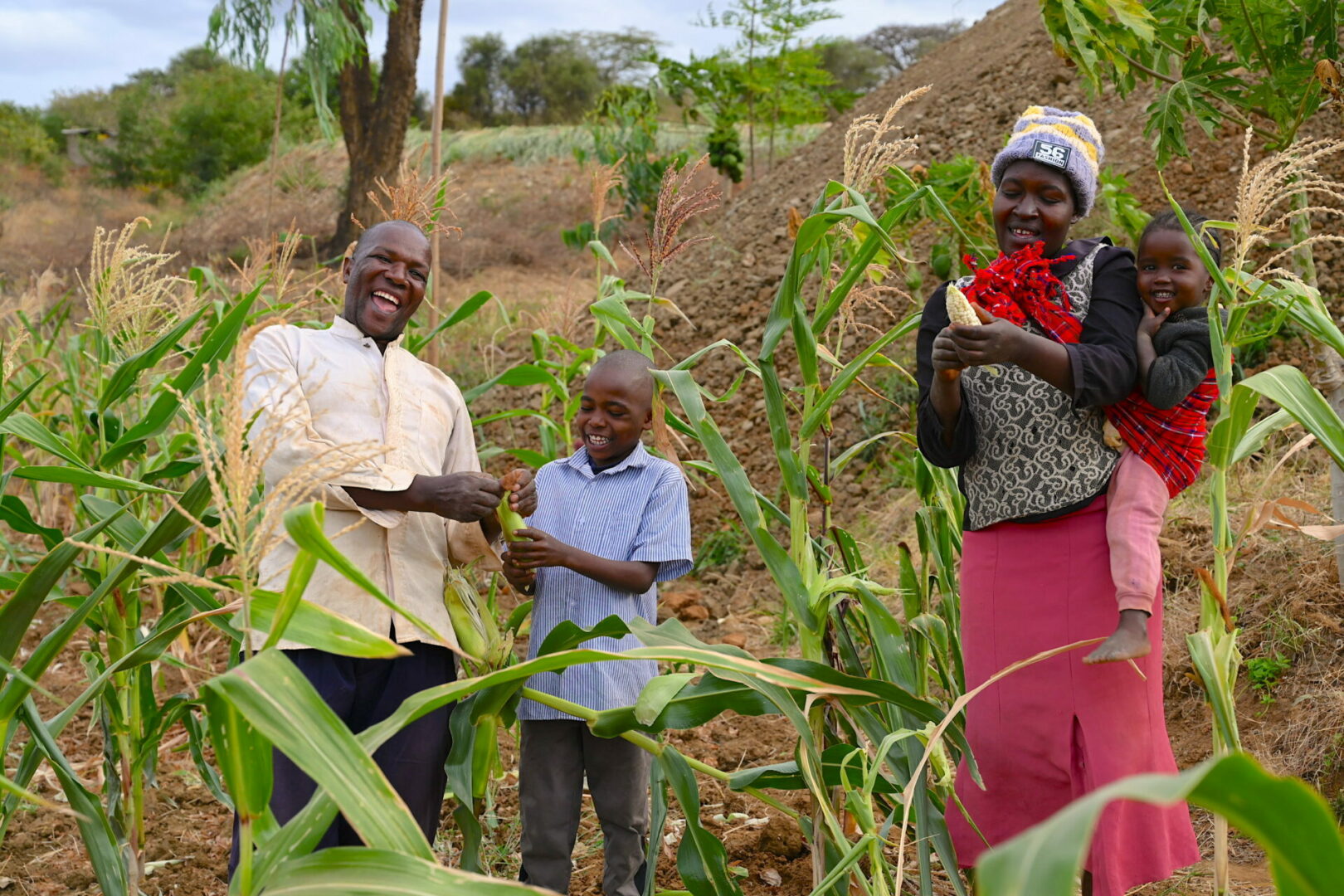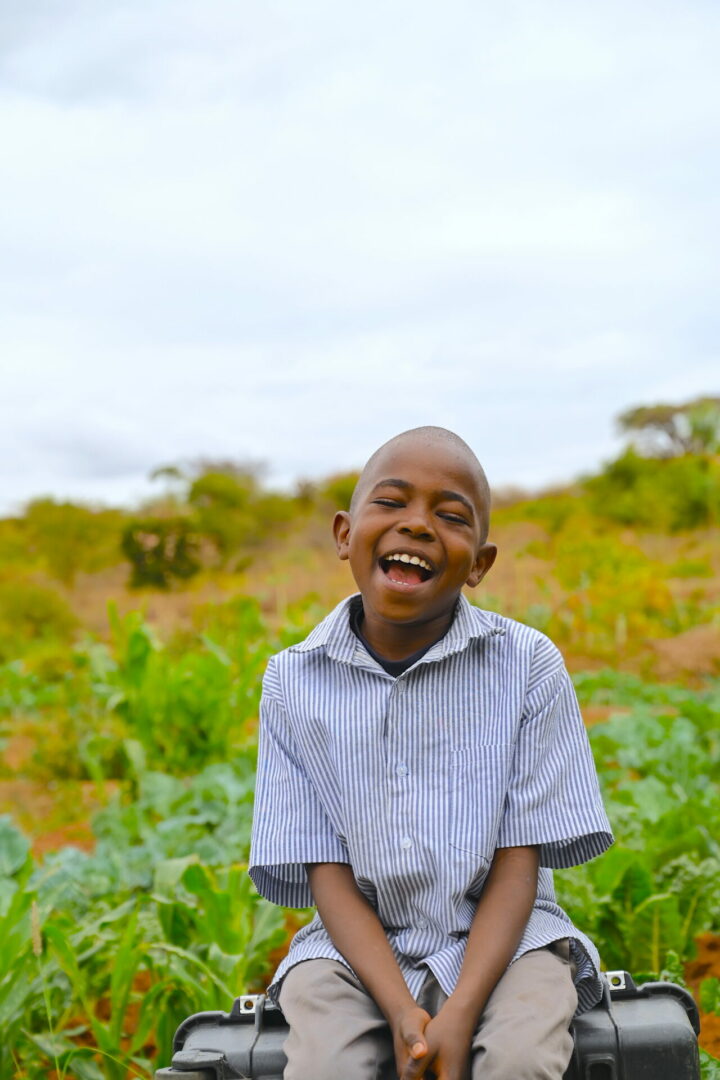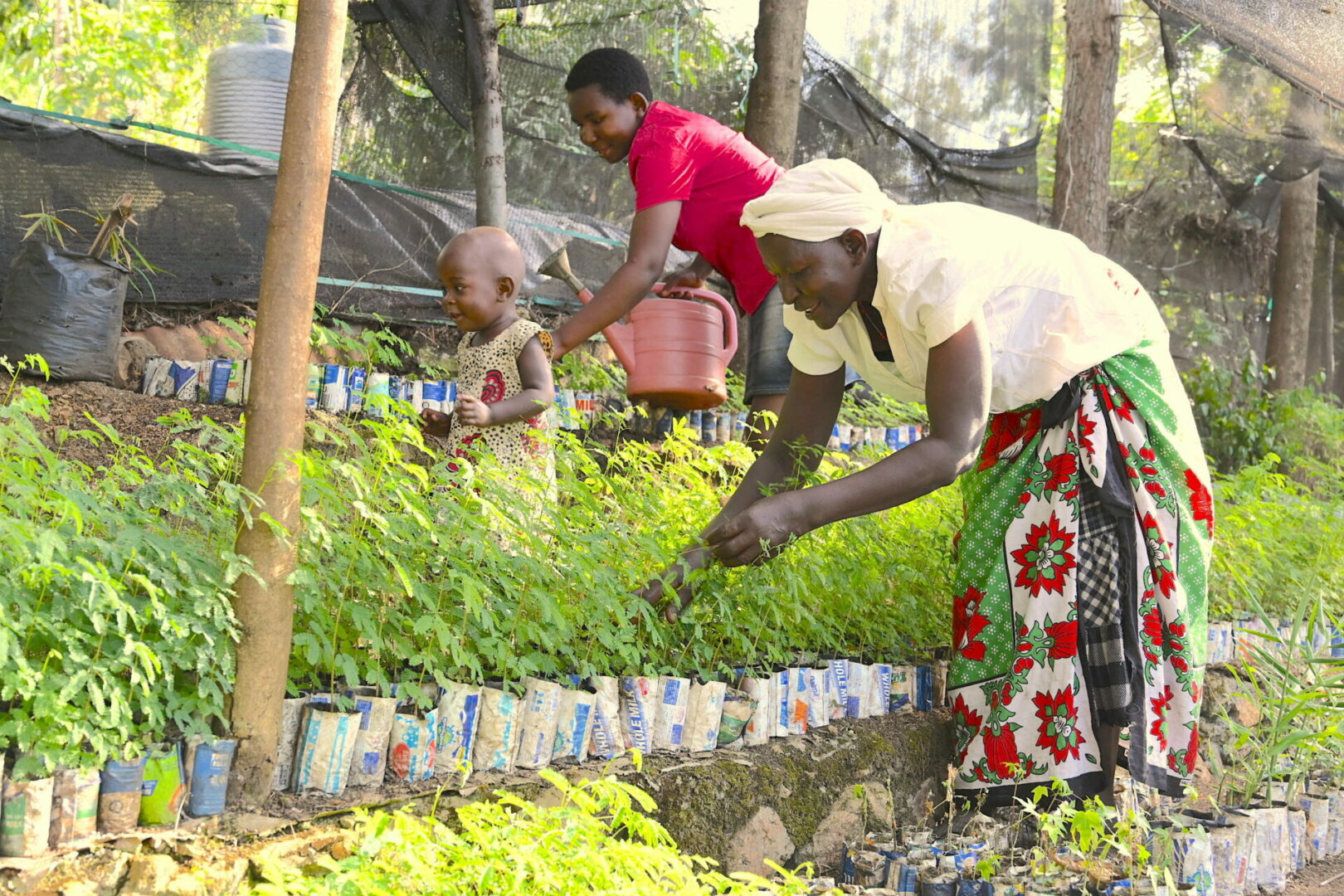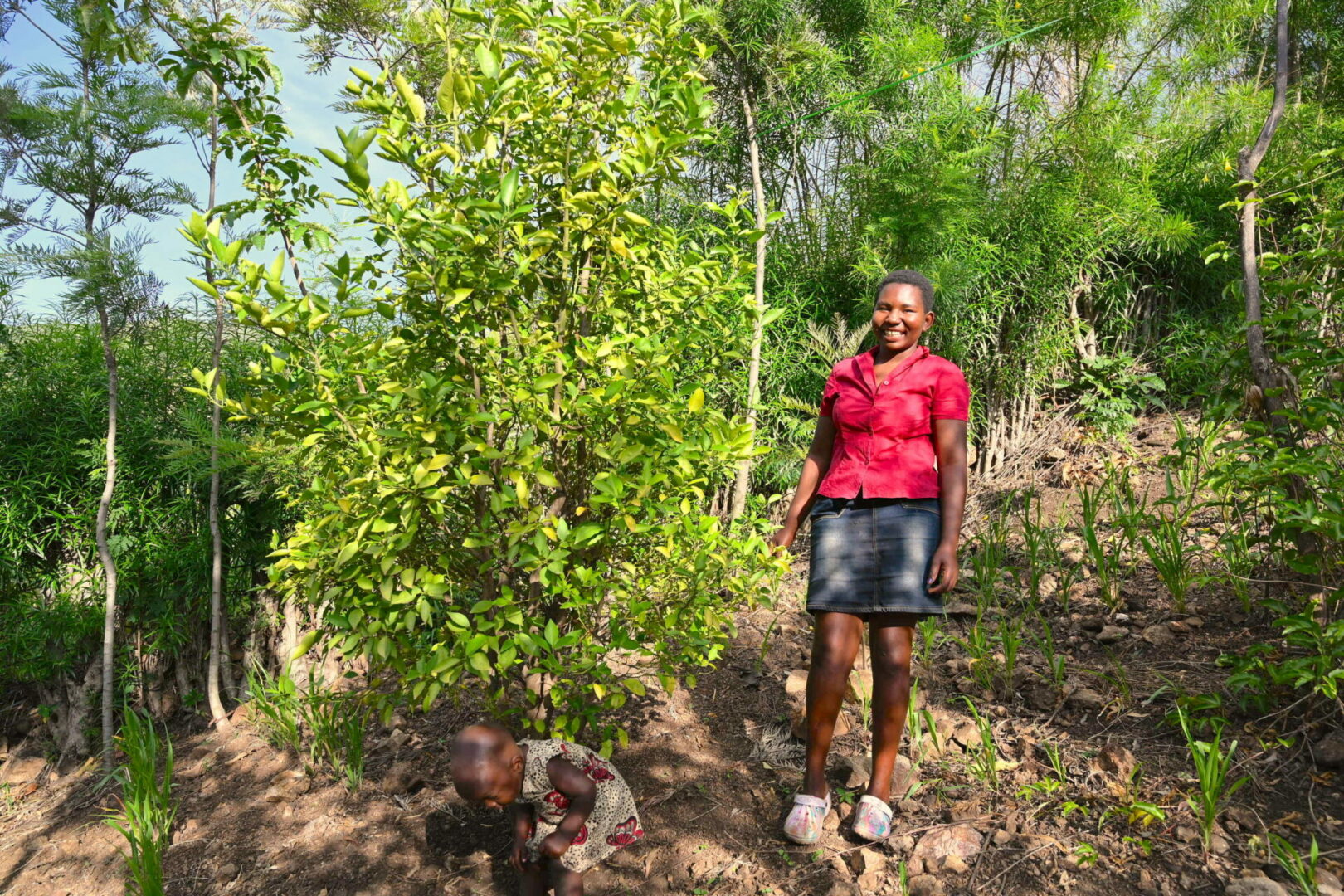The United Nations Environment Programme (UNEP) and the Food and Agriculture Organization of the United Nations (FAO) have named the Regreening Africa Initiative among other six initiatives as United Nations World Restoration Flagships, making the initiative eligible for technical and financial support from the UN.
The announcement comes ahead of the 6th session of the United Nations Environment Assembly (UNEA-6), the world’s highest-level decision-making body for matters related to the environment, taking place from February 26th, 2024 – March 1st, 2024 in Nairobi, Kenya.
The World Restoration Flagship awards are part of the UN Decade on Ecosystem Restoration – led by UNEP and FAO – which aims to prevent, halt, and reverse the degradation of ecosystems on every continent and in every ocean. The awards track notable initiatives that support global commitments to restore one billion hectares.
Anita Soina: How 23-year-old Kenyan became global climate change leader
Regreening Africa is lauded as one of the “world’s most successful examples of healing the planet” in large-scale and long-term models of ecosystem restoration, embodying the 10 Restoration Principles of the UN Decade.
In Kenya, the Regreening Africa initiative was implemented between 2017 and 2023, engaging with more than 50,000 households (10,000 smallholders directly and another 40,000 through leveraging partner projects) and bringing over 150,000 hectares under restoration using the revolutionary technique to tackle both poverty and climate change, Farmer Managed Natural Regeneration (FMNR).
FMNR is a low-cost approach that is up to 36 times cheaper than planting a tree and can be replicated across different communities, for as little as 50 USD per hectare. It is a quick and easy process for degraded land restoration which involves regenerating trees from stumps that are still alive or managing new trees growing from wild seedlings through pruning.
World Vision Kenya National Director Gilbert Kamanga said “We gratefully embrace this esteemed recognition from the United Nations. Standing on the shoulders of the children and communities we serve; we pledge unwavering dedication to the relentless battle against climate change – a crisis of unparalleled magnitude in our era. Our resolve is firm: No effort shall be spared to safeguard Mother Nature for the successors of tomorrow.”
World Vision Kenya and World Agroforestry (ICRAF) implemented the Regreening Africa initiative, in collaboration with the Government of Kenya. A diverse range of stakeholders in Lambwe Valley in Homa Bay County and Nyatike in Migori County to catalyse land restoration, helping communities in Homa Bay and Migori Counties to conserve their environment through soil and water conservation and reverse land degradation by encouraging smallholder farmers to grow trees in their farms and revive existing ones.
The trees help to increase crop yields and boost livestock production. Consequently, they help cushion communities from the adverse effects of climate change such as droughts and floods. The approach was based on proven agroforestry techniques adapted to suit farmers’ needs under varying socio-ecological contexts.
The European Union granted 18 million Euros for the first phase of Regreening Africa which was carried out from September 2017 to March 2023 across eight countries in sub-Saharan Africa. World Vision led the implementation of Regreening Africa in Kenya, Rwanda, Somaliland, Senegal, Ghana, and Niger and supported in Ethiopia and Mali.
Looking forward, Regreening Africa aims to bring five million hectares under restoration by 2030, in collaboration with local communities across Kenya, and Sub-Saharan Africa.



